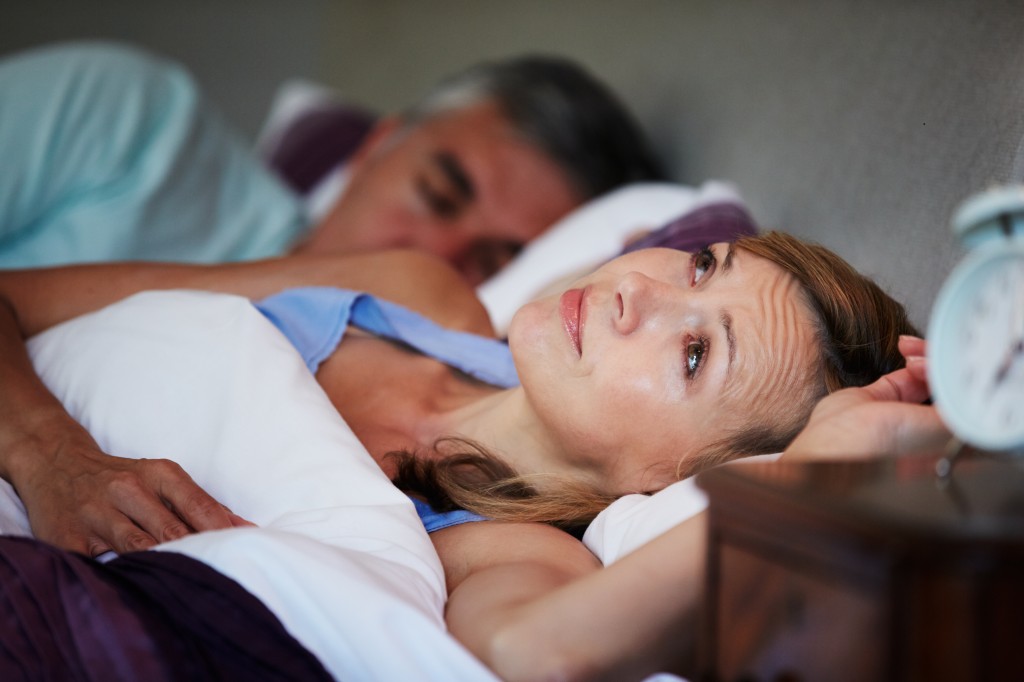-
Sandman Not Doing the Job? Use These Behavioral Strategies for Sleep Difficulties

"Many of my patients face sleep difficulties," says Filza Hussain, M.D., Mayo Clinic Health System behavioral health expert. "It’s either difficulty falling asleep, staying asleep or both. This leads to feeling tired in the morning, having difficulties with daytime sleepiness, attention and concentration problems, and irritability. Most of my patients have tried over-the-counter sleep aids or even prescription medications but remain dissatisfied and sleepless."
Sleep aids certainly can help in the short term, but developing good sleep practices is often key. Sleep hygiene is a term used to describe good sleep habits. Dr. Hussain says the fundamentals of practicing good sleep hygiene are:
- Set a routine. Establish a regular rhythm by going to bed and waking up at roughly the same time each day. Yes, even on weekends. Don’t take naps during the day. Avoid caffeine, nicotine and alcohol, and exercise at least four to six hours before bed. These behaviors can affect the quality of your sleep.
- Listen to your body. Your body will tell you when it’s tired because your eyelids will feel heavy. Go to bed only when you're tired rather than spending hours in bed waiting for sleep to come.
- If you find yourself awake in bed, don’t toss and turn for hours. There’s no point in counting thousands of sheep. Don’t watch the clock — this will only provoke more anxiety and wake you up more. Get up and do something boring, such as reading the phone book. Video games or other computer/television screens or bright lamps will wake your brain up, so try using dim lights.
- Make your bedroom your sanctuary. Make sure your bedroom is quiet, cool (with blankets to keep you warm) and uncluttered. Using lavender aroma therapy can help. Some people find white noise soothing. Make sure your bed is just for sleep and related activities. Don’t eat, watch TV or work on your laptop in bed.
If sleep problems still exist despite following the above tips, keep a sleep diary for a week to show your doctor so he or she can help better address the issue. A template for such a diary can be found online. Or, you can simply document what time you went to bed, what time you woke up, how many times you woke up in the middle of the night and what the factors were for awakening.







